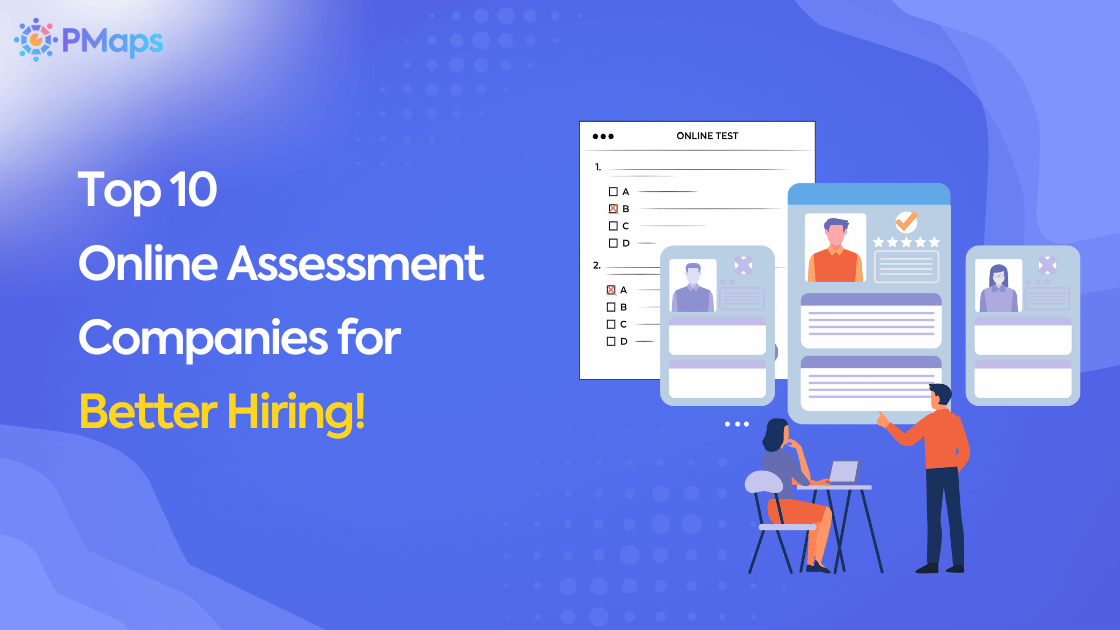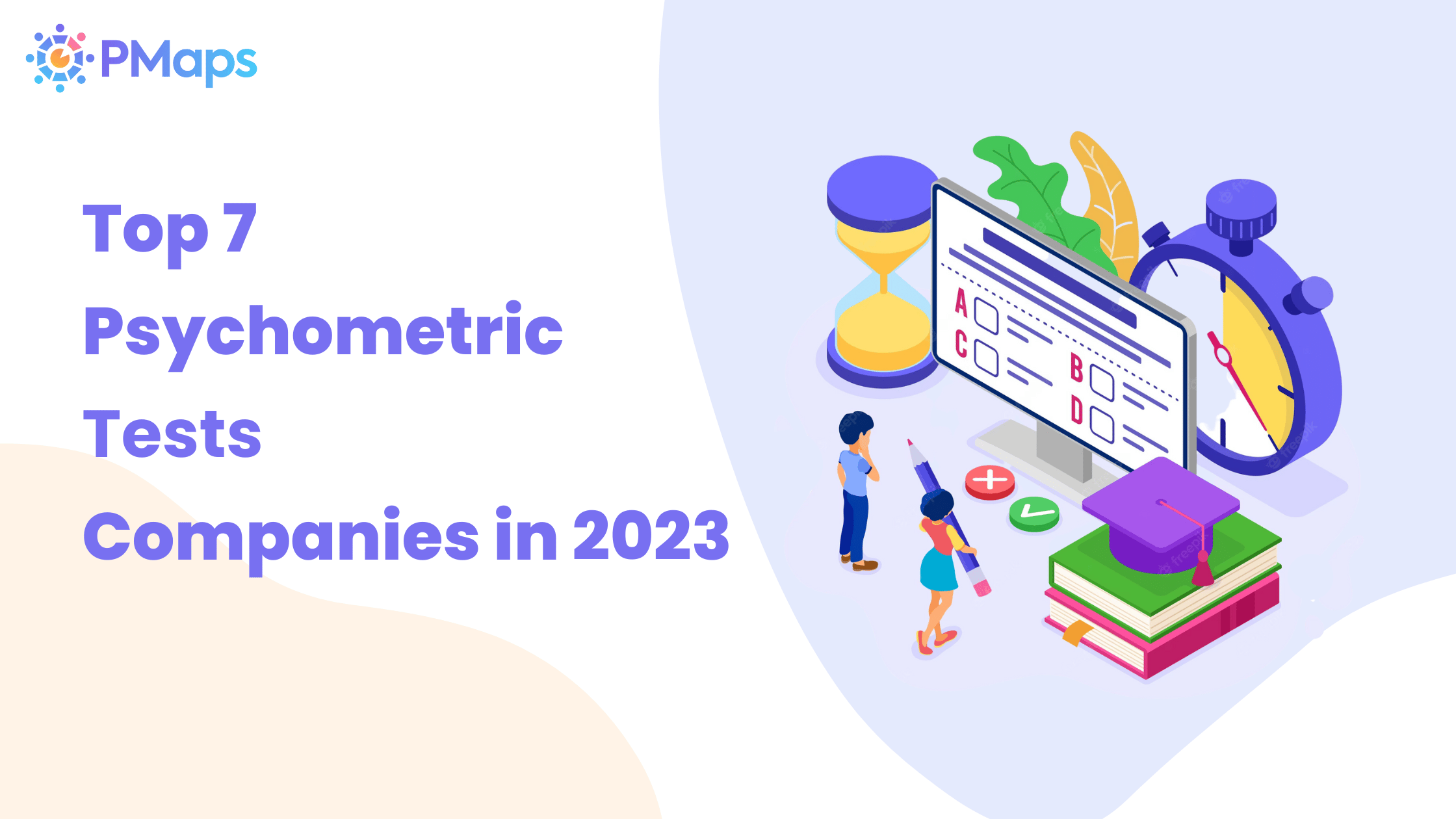
Having a good typing speed is more than a technical skill—it is a productivity driver. According to Ratatype, the average typing speed is around 40 words per minute (WPM), while professional standards may range from 65 to 75 WPM. For employers, this difference directly impacts communication flow, task turnaround, and data accuracy.
A high typing test WPM accuracy score reflects not only speed but also attention to detail—critical for roles in data entry, customer support, and content management. This blog explores what is considered a good typing speed, how it affects employee performance, and what organizations can do to improve it.
What Is a Good Typing Speed?
Good typing speed is a direct enabler of digital productivity. Unlike the average performers, most high-performing employees of the organizations often have internally set benchmarks that are aligned to role complexity and digital interaction frequency.
For example, roles in customer support, live chat, or virtual assistance often demand speeds exceeding 65 WPM. Meanwhile, positions involving structured documentation, such as reporting or compliance, value typing test WPM accuracy as much as speed—favoring a consistent 95% or higher precision rate.
Rather than defining a universal “good speed,” modern assessment frameworks prioritize context. A marketing executive may need speed for real-time collaboration, while a claims processor may require precise input accuracy. That’s why typing proficiency must be role-calibrated during recruitment and training.
By aligning typing benchmarks with job function, organizations optimize both performance and workflow resilience—turning keyboard proficiency into a measurable productivity lever. Hence while hiring, measuring typing speed in pre-employment assessments helps shortlist candidates who can perform digital tasks with precision and pace.
Why Typing Speed Matters in Modern Job Roles?
In roles where speed and accuracy impact client experience—like chat support, claims processing, or technical documentation—typing speed becomes a direct performance differentiator. As workflows shift to digital platforms, delays in keystrokes translate into delays in service, reporting, and revenue cycles.
Key reasons typing speed is critical:
- Customer Support Efficiency: Faster WPM means quicker query resolution during chats and ticket handling.
- Remote Collaboration: Enables real-time responses in emails, chat tools, and documentation platforms.
- Data Accuracy & Entry: Reduces errors and accelerates updates in CRM, ERP, or compliance tools.
- Time-Saving Operations: Minimizes task delays across admin-heavy roles like HR, finance, and logistics.
- Performance Benchmarking: Combines typing test WPM accuracy with speed for reliable hiring metrics.
How to Assess Typing Speed in Hiring and Training?
Typing proficiency can’t be gauged from resumes or interviews alone. To ensure candidates meet role-specific speed and accuracy standards, organizations need structured evaluation. A typing test WPM accuracy report provides real-time data on both output speed and error rate—helping HRs make informed hiring and training decisions.
Best practices for typing assessment:
- Use Standardized Tests: Implement digital assessments that capture words per minute, accuracy percentage, and error types.
- Set Role-Based Benchmarks: Define minimum typing speed expectations depending on job function—e.g., 65+ WPM for chat agents.
- Track Accuracy, Not Just Speed: Focus on error-free typing to prevent rework, especially in data-sensitive roles.
- Integrate Into Pre-Hire Workflow: Add the typing test alongside cognitive or domain-based assessments during screening.
- Reassess During Training: Use typing assessments to track progress in onboarding or upskilling programs.
For automated evaluation, platforms like PMaps offer visually adaptive, bias-free typing tests tailored to diverse industries.
What Typing Speed Is Good for Different Job Roles?
A good typing speed is not one-size-fits-all—the role-based benchmarks not only improve productivity but also reduce fatigue and error rates in fast-paced environments. It varies by function and task complexity. While 60 WPM may work for administrative roles, high-volume, time-sensitive positions demand much higher speeds. Accuracy remains a constant across all roles, often expected above 95%.
Recommended typing speed benchmarks by role:
- Customer Support (Live Chat): 65–80 WPM with 98% typing test WPM accuracy
- Data Entry Operators: 60–75 WPM with minimal backspacing and high numeric precision
- Transcriptionists / Content Editors: 70–85 WPM with contextual accuracy and formatting consistency
- Administrative / HR Roles: 50–65 WPM with strong documentation clarity
- Remote / Technical Support: 60–70 WPM with structured response capability
How PMaps Typing Assessments Help You Hire the Right Talent?
Hiring interns, freshers, or experienced professionals in digital-first roles requires more than just a resume review. PMaps’ scientifically designed typing assessments help employers identify candidates with real-time efficiency, role-fit capability, and data-entry readiness—all while ensuring accuracy and consistency.
Here’s why PMaps Typing Assessments stand out:
1. Comprehensive Evaluation Metrics
PMaps assessments go beyond basic WPM scores. Each test captures detailed metrics including speed, accuracy, backspace rate, and error frequency. This enables recruiters to identify not just fast typists, but consistent and precise performers who minimize rework and support smoother workflow integration across tools and teams.
2. Custom Benchmarking by Role
Different roles demand different typing speeds. With PMaps, employers can define role-specific benchmarks—for example, 65+ WPM for live chat support or 75+ WPM for data entry. This role-based configuration ensures only qualified candidates progress through the funnel, reducing mismatches and training overhead post-hire.
3. Psychometric Validity & Visual Format
Unlike generic typing tests, PMaps assessments are built on validated psychometric frameworks. The visual-first, language-neutral design makes them inclusive for candidates from diverse educational and linguistic backgrounds—eliminating test anxiety and creating a fairer, bias-free evaluation environment for both domestic and global hiring.
4. Real-Time Results & Scoring
PMaps provides instant, auto-generated reports that summarize WPM, error rate, and accuracy. Recruiters can immediately spot high-potential candidates or flag inconsistent typists—helping reduce manual screening effort and enabling faster, evidence-based hiring decisions across departments like operations, support, and compliance.
5. Remote-Ready and Scalable
Built for today’s hybrid and remote hiring models, PMaps typing tests are accessible via secure browser links—no downloads required. Whether you’re screening five applicants or five thousand, the platform handles high-volume assessments effortlessly, making it ideal for internships, campus hiring, or seasonal recruitment drives.
6. Seamless Integration with Existing Systems
PMaps integrates easily with leading applicant tracking systems (ATS), learning management platforms (LMS), and internal HR tools via secure API connections. This allows recruiters to embed typing assessments directly into their workflows—creating a frictionless hiring process without manual follow-ups or disjointed candidate tracking.
Final Thoughts: Make Typing Proficiency a Hiring Standard
Typing may seem basic, but in the modern workplace, it is the silent driver behind task completion, service speed, and workflow momentum. One underperforming typist in a high-output team can bottleneck progress. Now imagine if ten such hires slip through the cracks.
Good typing speed and WPM accuracy are more than skill metrics—they are early indicators of digital agility, attention to detail, and execution efficiency. When left unmeasured, they quietly cost time, output, and reputation.
PMaps helps you stop guessing. With scalable, validated typing assessments tailored by role and industry, you hire with clarity—not compromise. Ready to make typing proficiency a hiring filter—not an afterthought? Call us at 8591320212 or write to assessment@pmaps.in.






.png)


